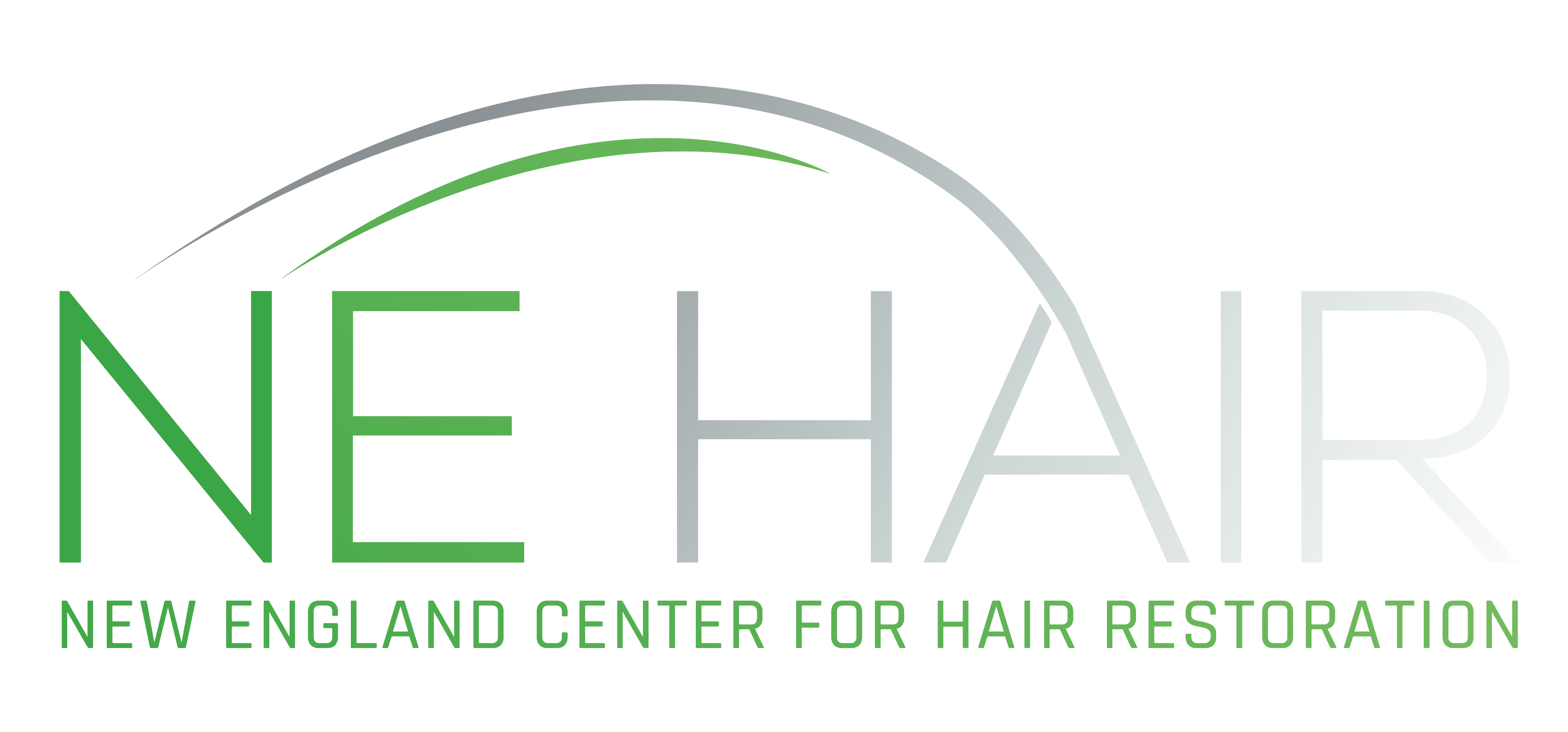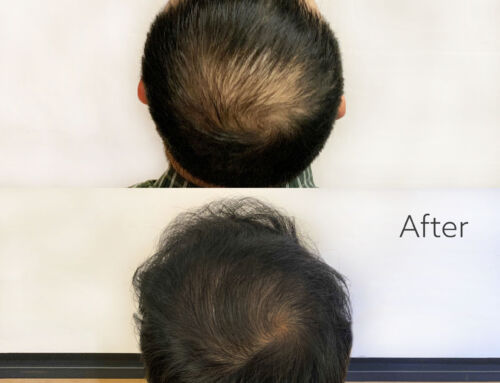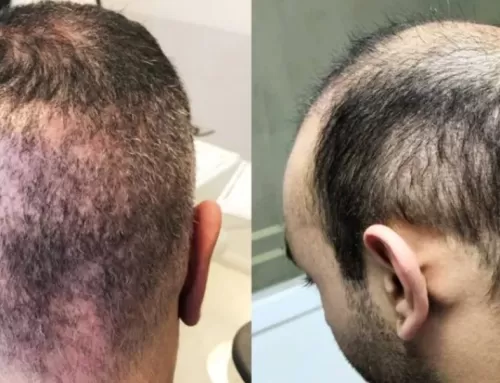Dihydrotestosterone (DHT) is the hormone responsible for developing male sex organs and secondary male physical features such as beards and body hairs. In many ways, it is also one of the major causes of male pattern baldness.
Balding
The trait for baldness is hereditary, and is attributed to the hair follicles on the top of the head being ultra sensitive to DHT. DHT diminishes the proper growth of hair through a process called “miniaturistation”. Miniaturistation causes genetically susceptible hairs to be lighter in color and thinner. DHT blocks proper nourishment to the hair follicles from the body, causing the hair to weaken and die. Over time, because of the lack of nutrients, the hair follicles shrink and the hair completely stops growing.
Hair loss in women can also be caused by DHT, however this is usually because of a decrease in estrogen, not necessarily an increase in testosterone. Hair loss in women also usually appears as thinning, not complete balding.
How to Treat
There are a few nonsurgical treatment options available at NE Hair for patients looking to stop hair loss caused by DHT or other factors, as well as patients who have more noticeable baldness.
Finasteride (Propecia) – a prescription oral medication that prevents and retards hair loss. It is a competitive and specific inhibitor of Type II 5 alpha reductase, an intracellular enzyme that converts testosterone to dihydrotestosterone DHT in the peripheral tissues. Research has shown that hairs on the front and on the vertex are ultra sensitive to dihydrotestosterone DHT that causes baldness. Finasteride is one of the treatment options for male pattern hair loss in MEN ONLY and should not be taken by women. Women of child-bearing age, or women who are pregnant or desire to become pregnant should not handle Finasteride, as it could cause abnormalities of a male baby’s sex organs. Like any other medications, the efficacy of Finasteride varies among individuals. Finasteride works best for early to moderate degrees of hair loss. Men with extensive hair loss are unlikely to regrow all their hair, giving the treatment very limited benefit. Regrowth associated with Finasteride is better over the crown of the scalp than at the frontal receding hairline. Our experience tells us that Finasteride is most effective when used in conjunction with hair transplantation.
NE Hair Topical Solution – A specially formulated topical solution that is exclusively available from our center. It is a combination of 10% Minoxidil and Finasteride in a convenient topical spray bottle. The solution can be used in both pre-operative and post-operative patients. Our data shows that optimal hair growth is obtained with the regular use of this solution following post hair transplant surgery.
Laser Hair Therapy – A non-surgical, scientific approach in the cosmetic treatment of hair loss, thinning hair, and retaining hair. LHT has been tested for effectiveness and safety and is approved by the FDA. Our Laser Hair Therapy unit, the G-Tuck Machine is a premium commercial grade laser that emits low level controlled energy that stimulates hair follicles and promotes hair follicle re-growth. It is an ideal treatment for individuals with an early stage of hair loss. The laser is also ideal for pre-operative and/or post-operative hair restoration surgery patients. Laser light stimulates cell metabolism and helps damaged cells to repair themselves. Many hair loss patients obtain phenomenal results with this kind of laser hair treatment. The post operative hair transplant patient gets optimal hair growth when supplemented with laser hair therapy.
Help Hair Shakes and Products – Whey protein shakes can be formulated for more than just muscle growth. Help Hair® has created a line of protein shakes specifically formulated for hair restoration. The shakes are made up of a special, all natural formula consisting of B-12, biotin and niacin, vitamins essential to hair growth. Help Hair® also offers shampoos, conditioners, vitamins and a 4 step program designed to nourish hair roots and promote fast hair growth. Learn more at helphair.com
If you’d like to learn more about these treatment options as well as others, we invite you to explore the Treatments section of this site and call 774 643 6126 to schedule a consultation.






